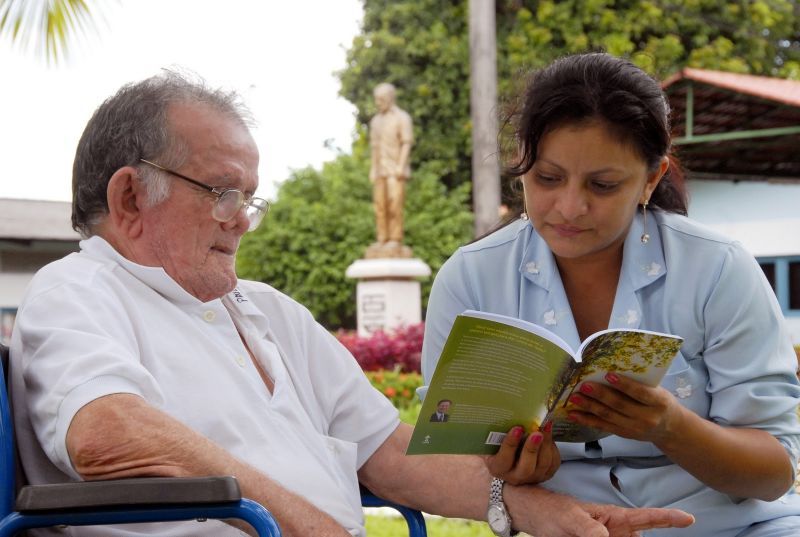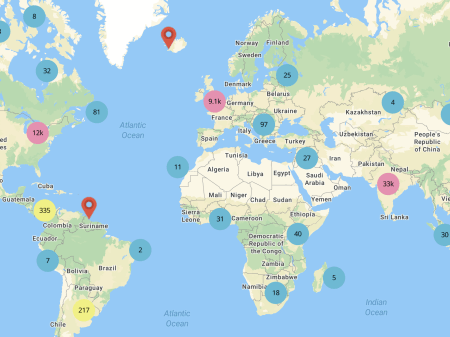
Take the survey here - https://www.surveymonkey.com/r/RWJW6PC
Human care needs are expanding and becoming ever more complex. Populations of all countries are ageing, and people are living longer than at any other time in history. Today, care work is found in various forms from child care and elderly care, to long term caregiving to people with disabilities and chronic illnesses like HIV and AIDS. By and large, it is women who take on care work.
With the expansion of care needs, the care economy has enormous potential for employment generation in the coming years—especially for women, as well as other groups often excluded from the labour market. Many existing care needs continue to go unmet or are addressed through unremunerated means. If women and other excluded groups are truly to have equal opportunities in the world of work, finding solutions through which the care economy may become an equitable and sustainable labour market is essential.
Across the globe, cooperatives have been closely engaged with issues of labour force inclusion and human well-being. Cooperatives appear to be well-positioned to serve as vehicles that generate access to the labour market, and be responsive providers of care services. However, much about care through cooperatives remains to be understood.
The ILO Gender, Equality and Diversity Branch (GED) and Cooperatives Unit (COOP) have embarked on a Mapping of Care through Cooperatives to address this gap. This survey is a component of that initiative.
The objectives of this survey are to:
1. Determine the landscape of cooperatives that provide care, including their beneficiaries, members, objectives and scope;
2. Ascertain the legislative, social and economic contexts that drive care through cooperatives;
3. Identify the challenges and opportunities that cooperatives face in initiating and sustaining care provision and decent employment;
4. Determine the resources that cooperatives need in order to be viable care providers, enterprises and employers;
5. Assess how well cooperatives affect the livelihood of care beneficiaries, workers and the larger community, compared to private and public care provision options;
6. Determine whether care cooperatives and cooperatives that provide care are registered; and
7. Determine under which form care cooperatives and cooperatives that provide care are registered.
Please note that the terms "care" and "care cooperatives" are used for practical reasons within the framework of this survey and are intended to help familiarise respondents with the concepts. It should be noted that to date, care cooperatives are not necessarily a new category of cooperatives.
The results of this survey research will be made publically available. However, all individual respondents will remain anonymous.
The survey will take approximately 20 minutes to complete. Your participation is highly valued and appreciated! Click here to start.




